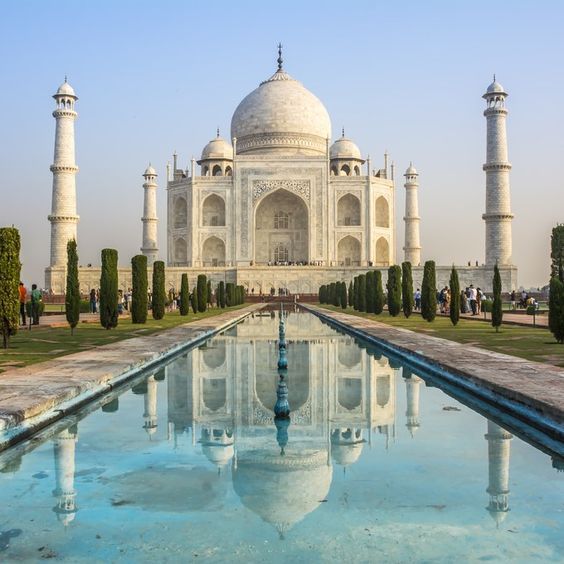15 Oldest Countries in the World-13 Will Amaze You
5. India (2000 BCE)
India is a country located in South Asia. It is considered one of the oldest countries in the world, with a history that spans thousands of years. The history of India can be traced back to the Indus Valley Civilization, one of the world’s oldest urban civilizations, which existed from around 2500 BCE to 1900 BCE. The Indus Valley Civilization is known for its well-planned cities, advanced drainage systems, and a script that is yet to be fully deciphered. One of the most influential empires in ancient India was the Maurya Empire, which was founded in the 4th century BCE by Emperor Chandragupta Maurya and reached its peak under Emperor Ashoka. The Maurya Empire was known for its centralized administration, extensive road networks, and promotion of Buddhism. Ashoka’s conversion to Buddhism and his efforts to spread the religion across the empire had a profound impact on the spread of Buddhism in Asia.

The Mughal Empire, which ruled from the 16th to the 18th century, left an indelible mark on India’s history and architecture. Mughal emperors such as Akbar, Jahangir, and Shah Jahan built magnificent palaces, forts, and mosques, including the iconic Taj Mahal, which stands as a testament to the empire’s grandeur. In the 20th century, India played a significant role in the struggle for independence from British colonial rule. Led by figures such as Mahatma Gandhi and Jawaharlal Nehru, India gained independence in 1947 and became a sovereign republic in 1950. Today, India is a diverse and vibrant nation with a population of over 1.3 billion people. It is known for its rich cultural heritage, diverse languages, religions, and traditions. Indian cuisine, music, dance, and cinema have gained international recognition and have become an integral part of global popular culture.